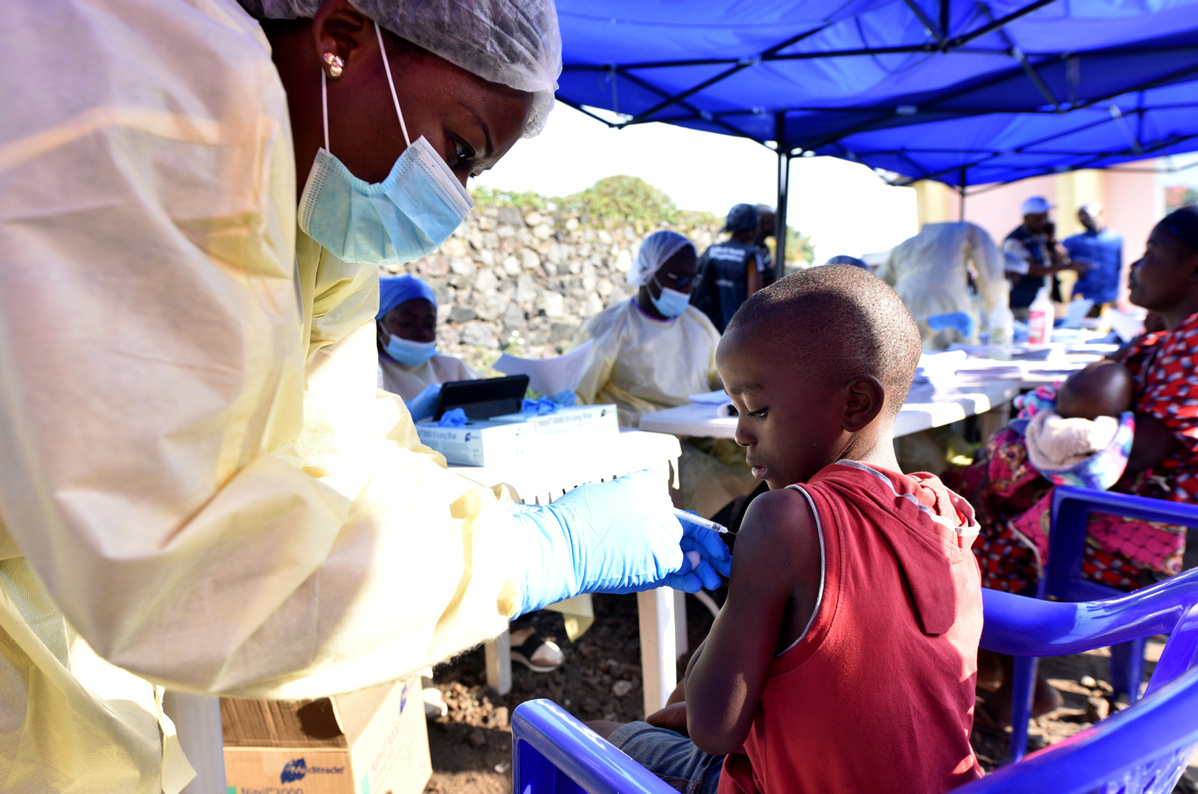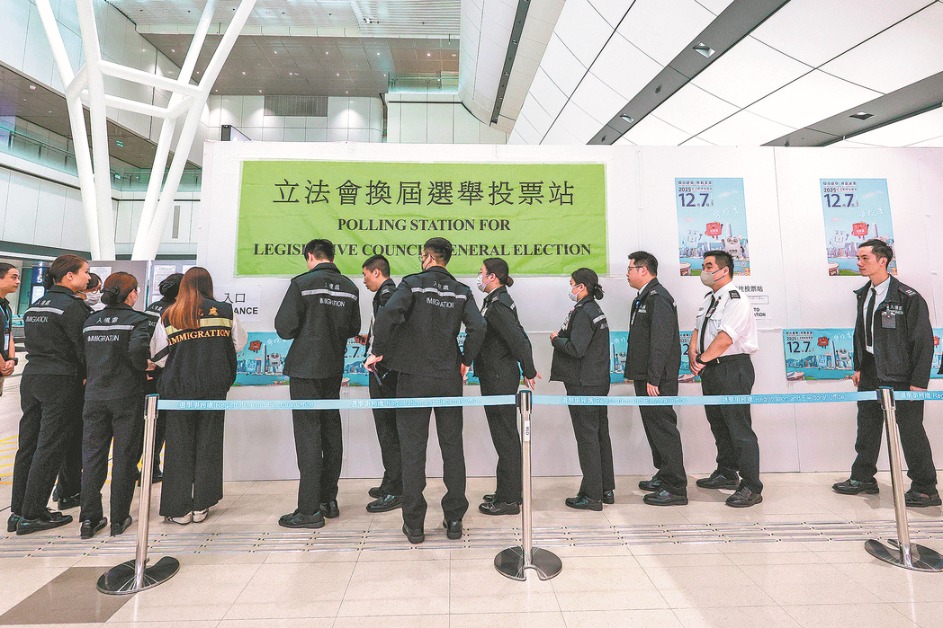Ebola death toll in DRC reaches 1,705
By Edith Mutethya in Nairobi | China Daily Global | Updated: 2019-07-22 09:46

The Ebola outbreak in the Democratic Republic of Congo has killed 1,705 people between April and July 18, according to the latest figures provided by the DRC's Ministry of Health.
So far, 2,532 Ebola virus cases have been reported in the outbreak that is centered in the northeastern part of the country.
According to the Doctors Without Borders, an international humanitarian medical non-governmental organization, the epidemic is by far the country's largest-ever Ebola outbreak.
It's also the second biggest Ebola epidemic ever recorded, behind the West Africa outbreak of 2014-2016, where a total of 28,616 cases and 11,310 deaths were reported in Guinea, Liberia, and Sierra Leone, according to the Africa Centres for Disease Control and Prevention.
An additional 36 cases and 15 deaths were reported after the disease spread to Mali, Nigeria, Senegal, Spain, Italy, the United Kingdom, and the United States.
The African Union has announced that it will deploy more experts in response to the Ebola crisis.
In a press conference at the AU headquarters in Addis Ababa, Ethiopia, on Friday, John Nkengasong, the director of the Africa Centres for Disease Control and Prevention, said they will reactivate the African Voluntary Health Corps and deploy them not just in DRC but also in other countries within the region.
The health corps is a team of 800 epidemiologists, anthropologists as well as communication, laboratory and logistics experts from different African countries who are on standby for emergency deployment.
"The corps were very effective in response to the 2014 outbreak in West Africa. We hope they will also be very useful in the current outbreak," Nkengasong said.
Nkengasong said the decision to deploy the corps was dictated by the World Health Organization's declaration, categorizing the outbreak as a public health emergency of international concern.
"This is a declaration that is issued when an event is extraordinary, serious and has a potential to cross beyond the country where it is, and have a regional or international effect from the public health perspective," he said.
Nkengasong termed insecurity and attacks on health centers and health providers as a major challenge in the affected provinces.
He said the AU will be engaging the United Nations security system to improve security for experts and facilities. They will also engage the AU Peace and Security Council.
"We will be working with the government of the DRC very closely to better coordinate our efforts with other partners like the WHO," he added.
The Doctors Without Borders has recommended that the Ebola-related activities be integrated into the existing healthcare system in order to improve proximity of the services to the community and ensure it remains functional during the outbreak.
To further strengthen response to the Ebola outbreak, the AU plans to procure and provide additional equipment and supplies, strengthen cross-border surveillance and laboratory systems, and come up with a new approach to raising awareness at the community level.
Investigations point to a possible start of the outbreak back in May 2018. However, the delay in the alert and subsequent response can be attributed to several factors, including a breakdown of the surveillance system, and a strike by health workers of the area, which began in May, due to the non-payment of salaries.
Surveillance measures at the borders of Rwanda and Uganda have been tightened to prevent spread of the virus.
The Botswana's Ministry of Health on Friday announced that it will continue to monitor the situation in the DRC as well as the entire region in consultation with the WHO's country office.
However, there are concerns that the situation might get difficult if the disease spreads to South Sudan, whose health system has been weakened by the prolonged civil war.
The country has sent a health team to strengthen surveillance at one of the busiest border posts, Kayain Central Equatorial state, where one case was confirmed, as reported by the Associated Press.
























